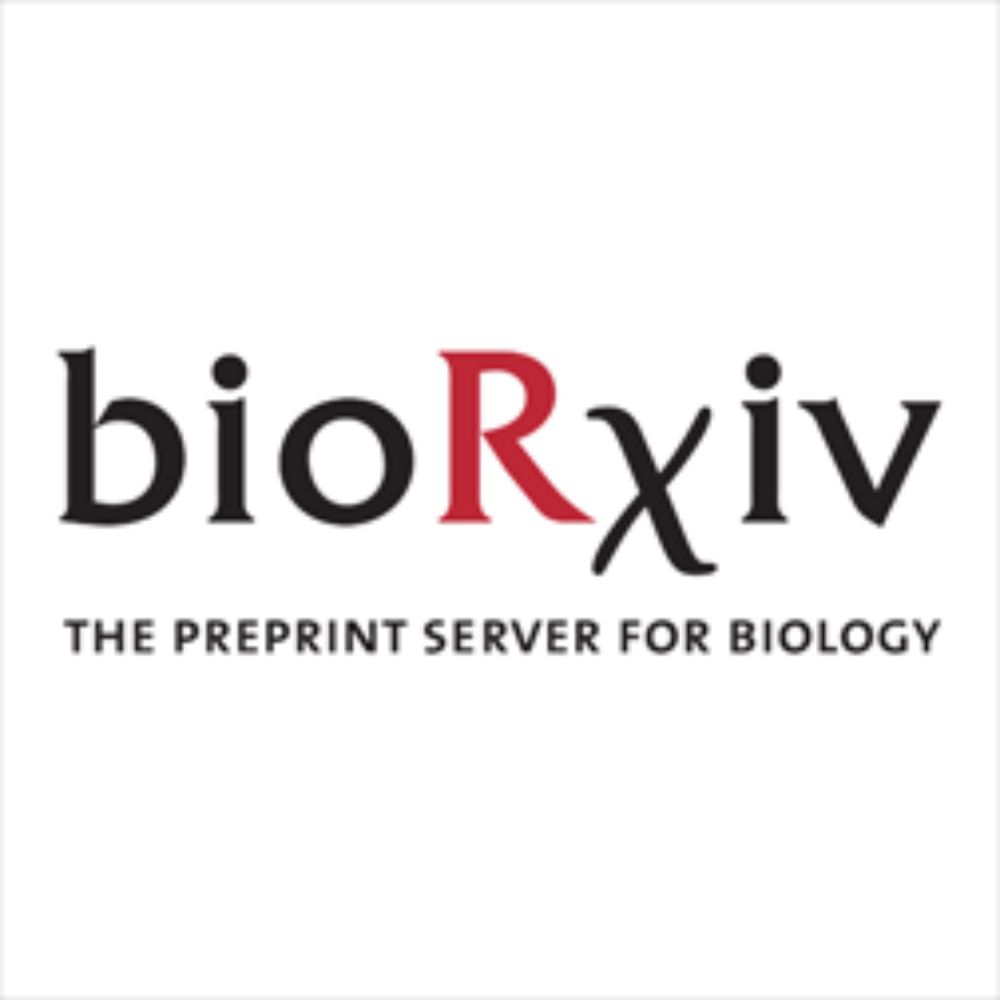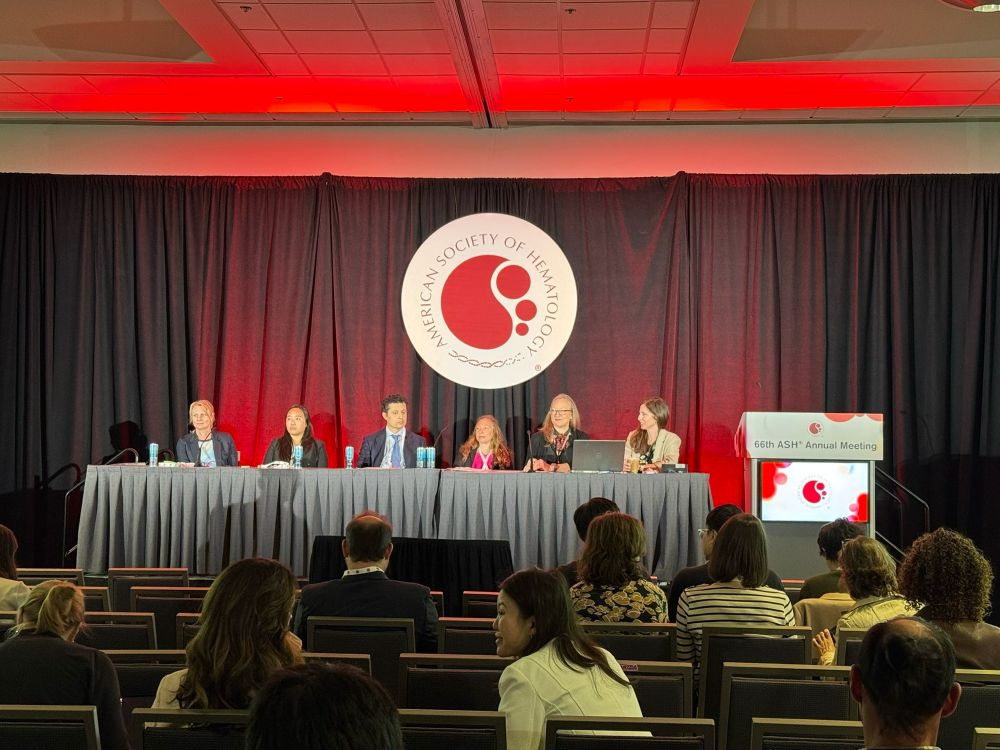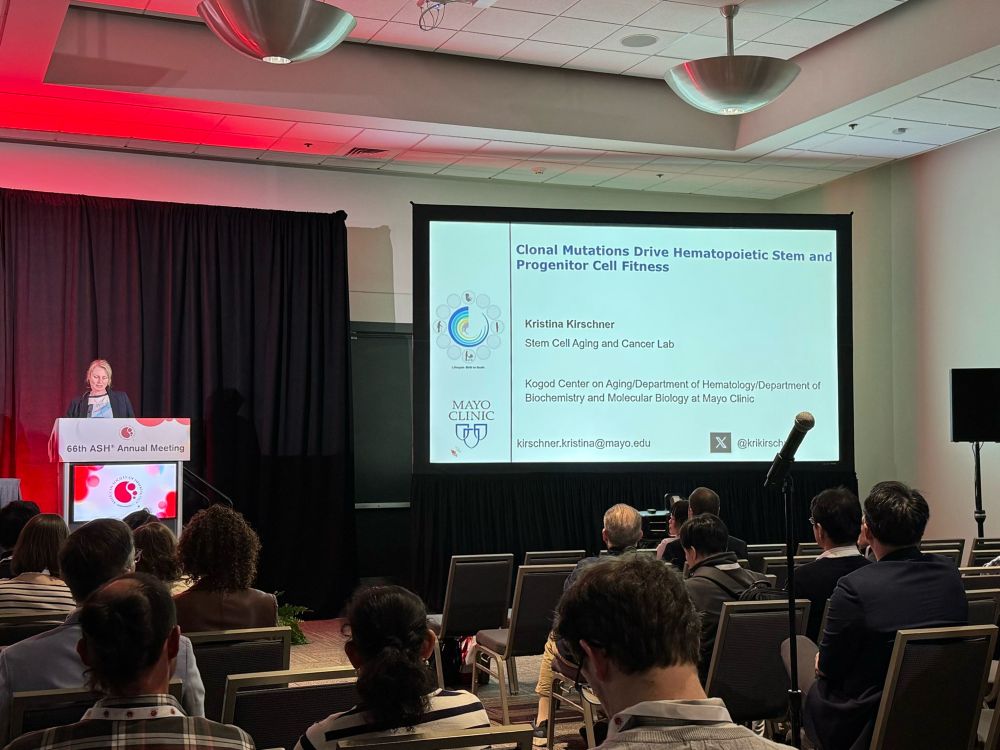

I am happy to announce this focussed workshop on #hematopoietic stem cell aging by the European Hematology Association. Come and join us in Barcelona this November!

I am happy to announce this focussed workshop on #hematopoietic stem cell aging by the European Hematology Association. Come and join us in Barcelona this November!
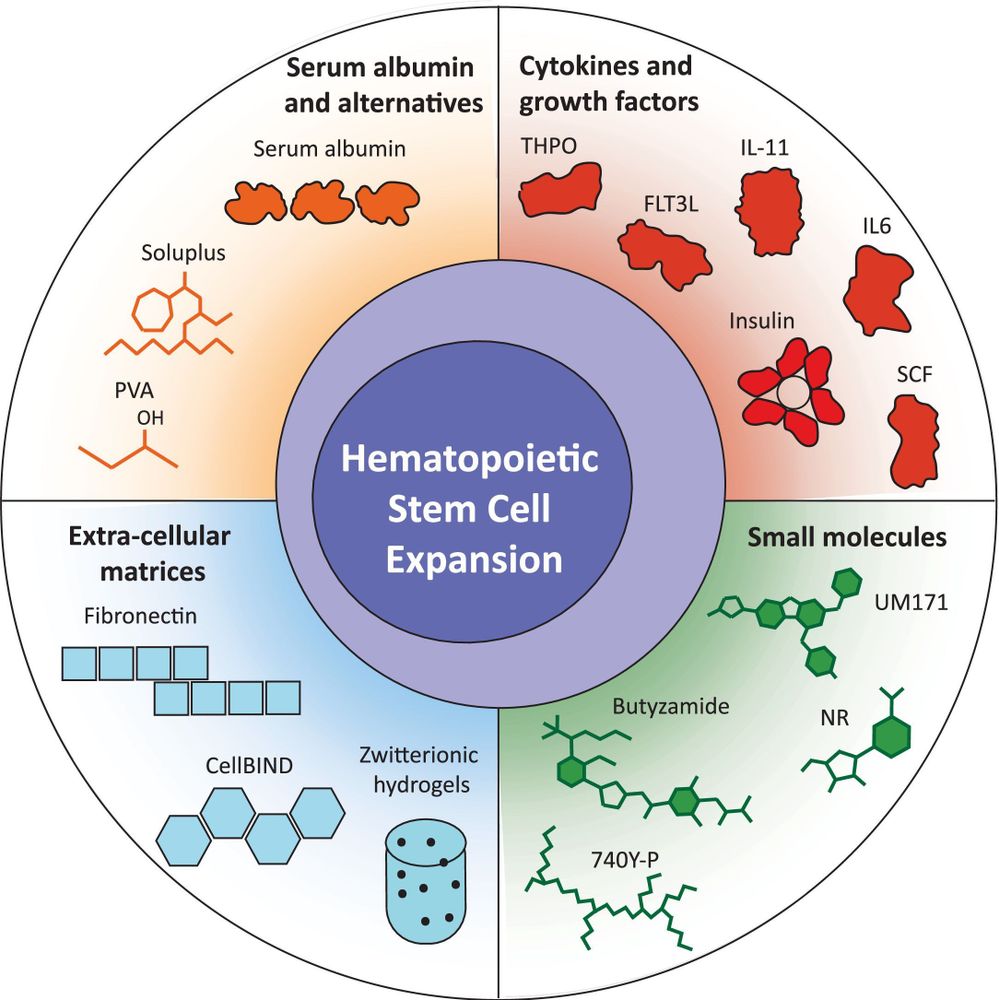
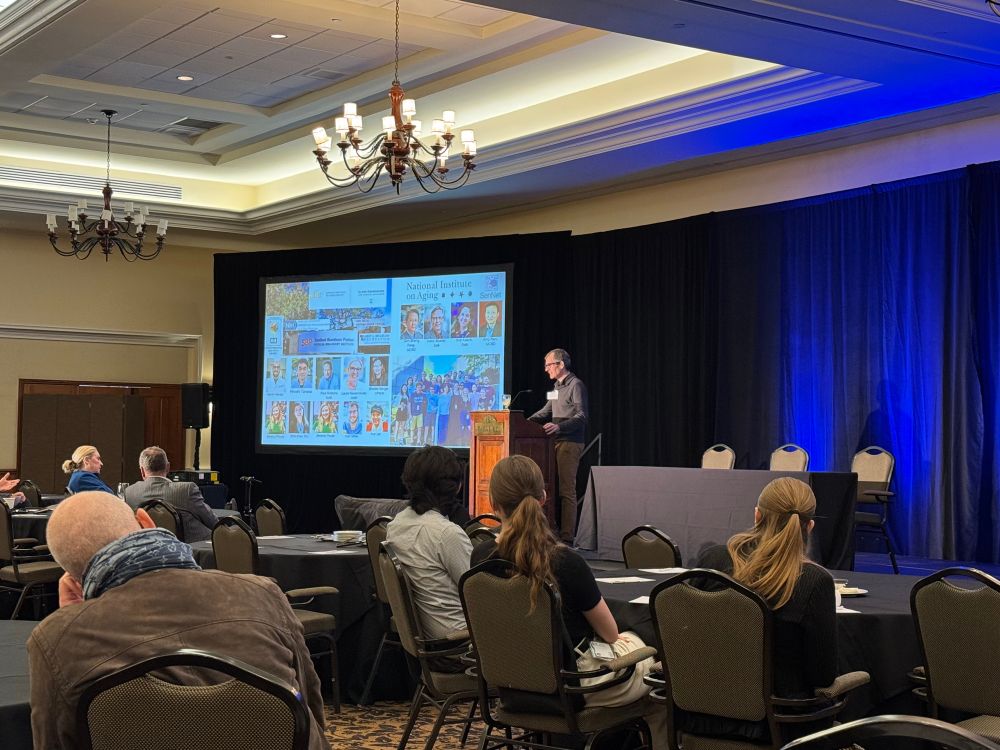
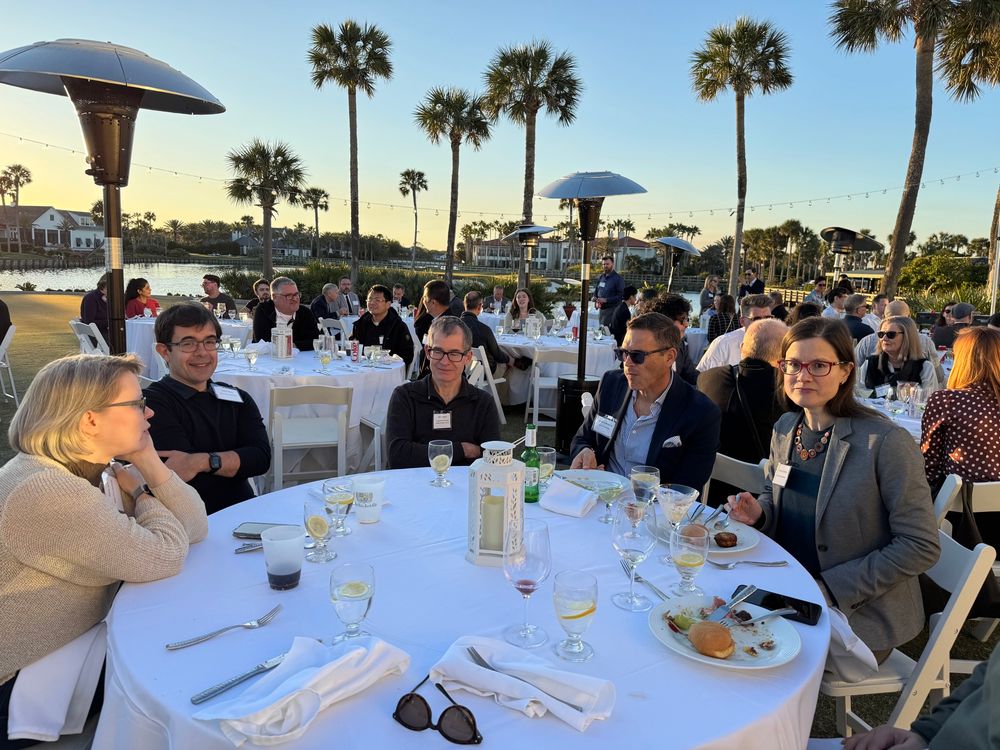
www.biorxiv.org/content/10.1...
www.biorxiv.org/content/10.1...
